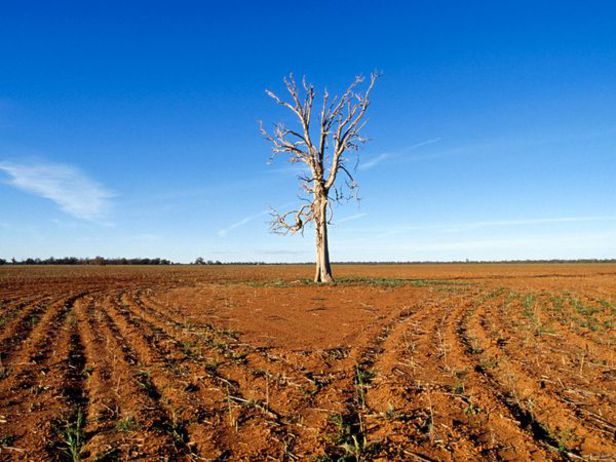By Nita Karume:
Soil pollution poses a big threat to agricultural productivity, food safety, and human health. Unfortunately, according to a new FAO report released earlier on this week, far too little is known about the scale and severity of that threat. Regrettably, soil is a finite resource. This means its loss and degradation is not recoverable within a human lifespan.
According to FAO Deputy General Maria Helen Semedo, soil pollution affects the food we eat, the water we drink, the air we breathe, and the health of our ecosystems. She also noted that the potential of soils to cope with pollution is limited; the prevention of soil pollution should be a top priority worldwide.
Unfortunately, even though agricultural intensification, industrial output, and urbanization continue at a rapid pace, no systematic assessment of the status of soil pollution at the global level has ever been undertaken. This is according to the FAO report.
Soil pollution causes a chain reaction. It alters soils’ biodiversity, reduces soil organic matter and soils’ capacity to act as a filter. It also contaminates the water stored in the soil and groundwater, and causes an imbalance of soil nutrients.
Causes of soil pollution
So far, most soil pollution is due to human activities. Logging, mining, the manufacture of domestic, livestock and municipal wastes; pesticides, herbicides, fertilizers used in agriculture; petroleum-derived products that are released into or break-down in the environment; fumes generated by transportation — all contribute to the problem.
Furthermore, agents known as “emerging pollutants” are also a growing concern. These include pharmaceuticals, endocrine disruptors, hormones and biological pollutants; “e-waste” from old electronics; and plastics. Unsustainable agricultural practices that reduce soil organic matter can facilitate the transfer of pollutants into the food chain. For example: polluted soil can release contaminants into the groundwater, which goes on to accumulate in plant tissue, and is then passed to grazing animals, birds, and finally to the humans that eat the plants and animals.
Effects of soil pollution
The inability to visually perceive or directly assess soil pollution makes it a hidden danger with far reaching consequences. More so since it impacts food security both by impairing plant metabolism and thus reducing crop yields. It also renders crops unsafe for consumption. Pollutants also directly harm organisms that live in soil and make it more fertile.
Pollutants in soil, groundwater and in the food chain can cause a variety of diseases and excess mortality in humans, from short-term acute effects, such as intoxications or diarrhea to long-term chronic effects, like cancer.
Beyond the impact on the environment, soil pollution also has high economic costs due to the reduction of crop yields and quality. As such, the prevention of soil pollution should be a top priority worldwide. Furthermore, since the majority of pollutants are a result of human action, we are directly responsible for making the necessary changes to ensure a less polluted, more secure future.
We need to be aware of the causes of soil pollution so that we can create and implement solutions. Making sustainable food choices, properly recycling dangerous materials like batteries, composting at home to reduce the amount of waste that enters landfills or managing antibiotic waste more responsibly, are just a few examples of how we can be part of the solution. On a larger scale, we need to promote sustainable agricultural practices in our communities.








